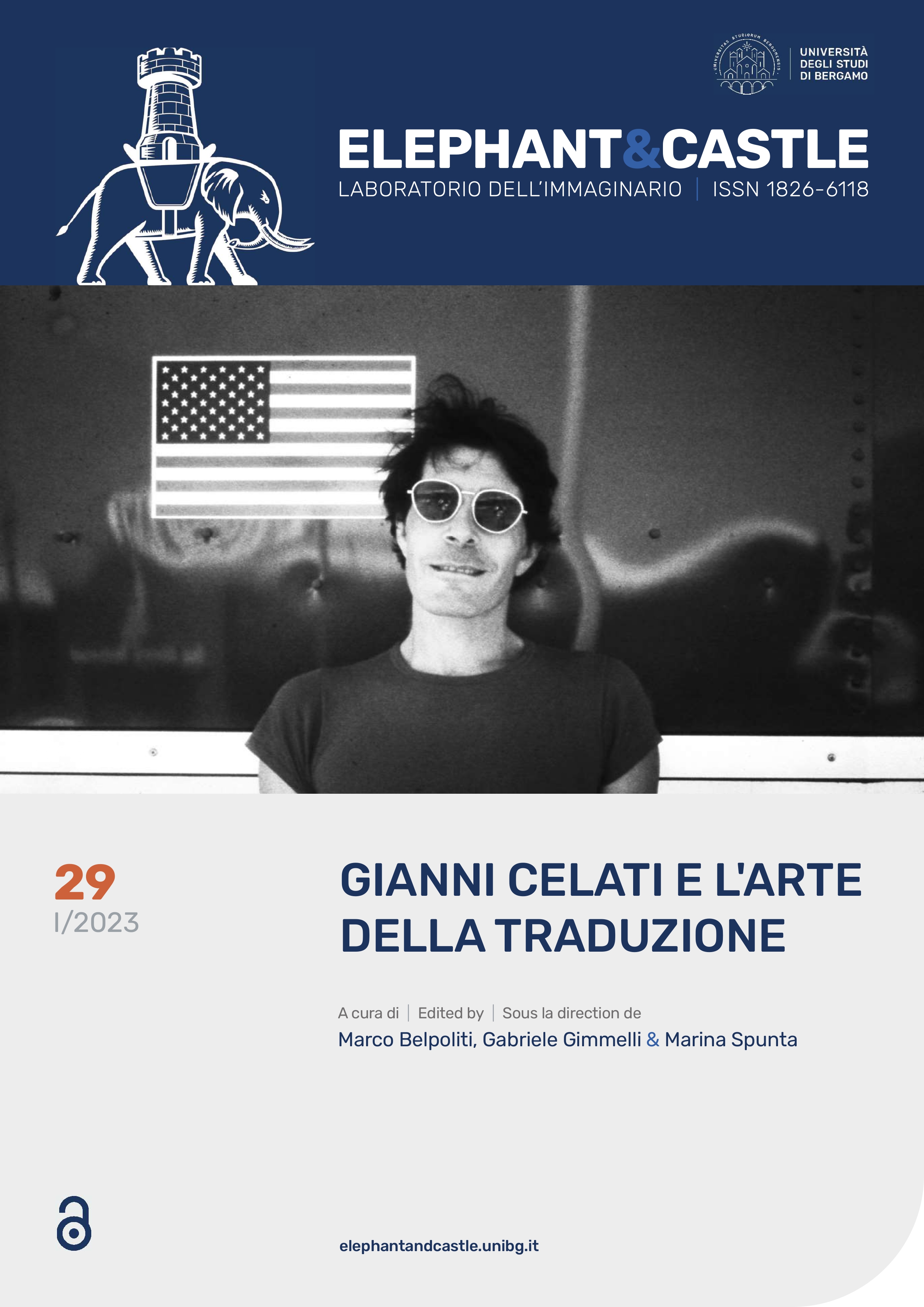"[We] would prefer not to". Methodologies and critical itineraries of Celati and Pavese translators of Melville
Keywords:
Gianni Celati, Cesare Pavese, Herman Melville, Bartleby the Scrivener, Translation poeticsAbstract
This paper proposes a comparative investigation of Gianni Celati and Cesare Pavese in their activities as “Melvillian translators”, starting with the study of certain epistolary and private corpora of Pavese and Celati, which provide us with clear evidence of certain crucial translation theories and methodologies conceived over time by our two authors. If in Pavese's 1932 translation of the novel Moby Dick (1851) took on strongly anti-fascist connotations, with an equally 'non-neutral' awareness Celati “re-appropriated” – in the mid-1980s – the atypical Melvillian tale Bartleby, the Scrivener (1853) for its ability to assert a clear but non-violent dissent against the society of the time. The translation of Melville’s texts by our two authors also brings to light some of the most neuralgic and debated translanguaging issues in decades of translation studies, starting with some insoluble oppositional binomials such as “fidelity/infidelity” and “translation/rewriting”, showing their current inadequacy and “sterility”. The cases of Pavese and Celati, translators of Melville, provide us with a translation methodology that proudly avoids the “invisibility of the translator” theorised and condemned by Lawrence Venuti, advancing, if anything, an idea of translation as an authentic “second creation”, through sometimes authentic deformations of the source text, which cannot but refer to the “deforming tendencies” theorised by Antoine Berman.
Downloads
Published
How to Cite
Issue
Section
License
Copyright (c) 2023 Elephant & Castle

This work is licensed under a Creative Commons Attribution 4.0 International License.






